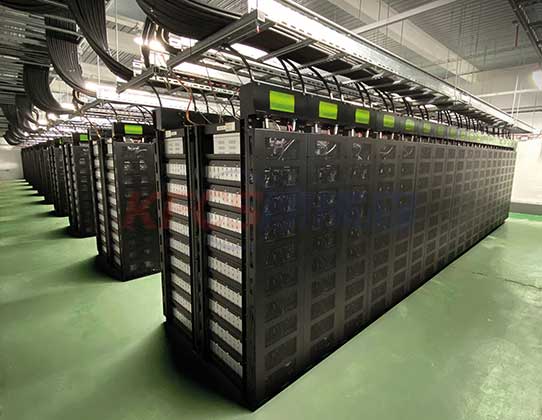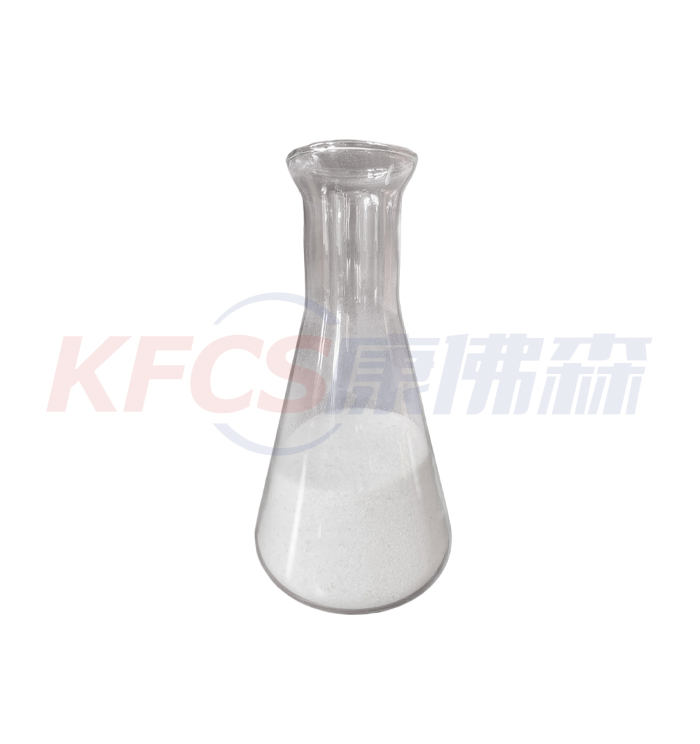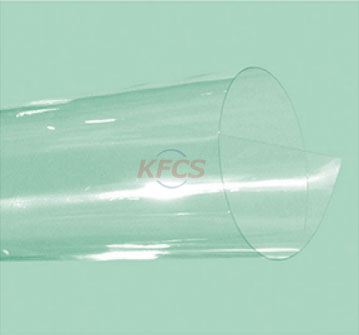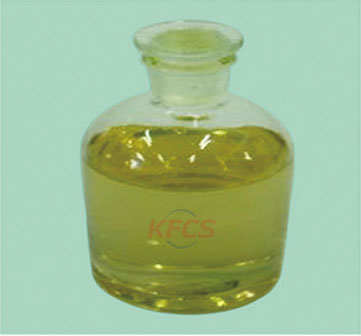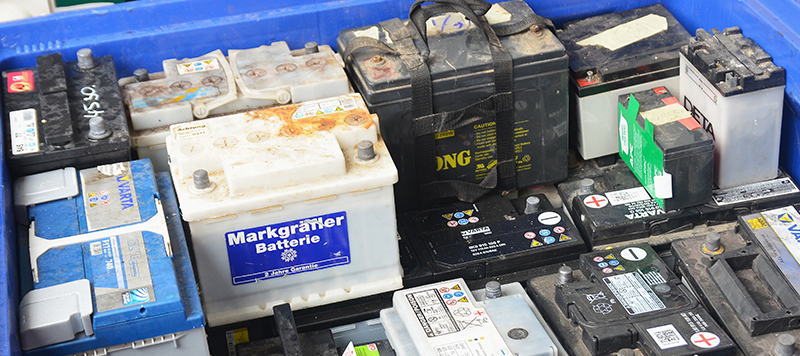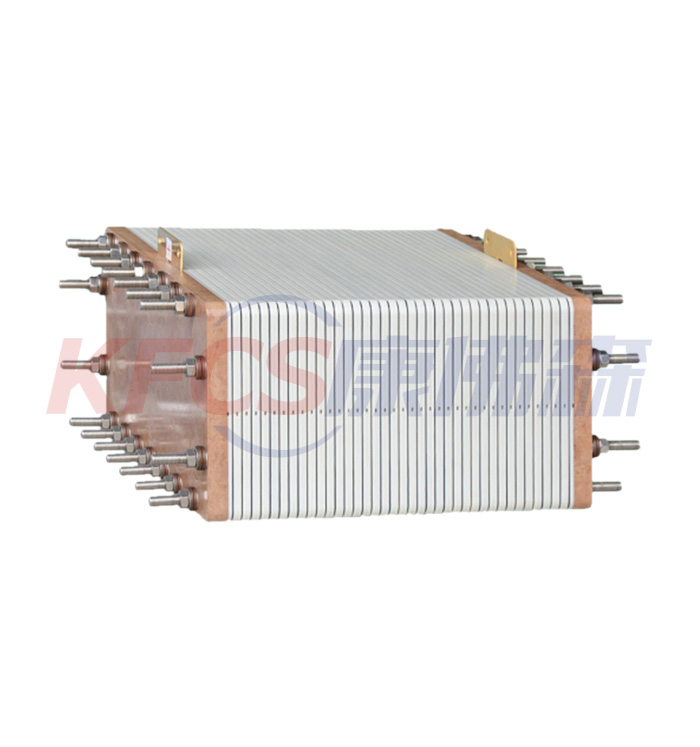Sequoia materials company recycles 6gwh waste lithium batteries every year
2022-04-19
JB Straubel, CEO of Redwood materials and former chief technology officer of Tesla, said at a hearing in the US Senate that his company has recovered about 6gwh of discarded lithium-ion batteries every year.
Straubel founded Redwood materials in 2017 after leaving Tesla. When working in Tesla, Straubel led the carmaker to complete battery design, supply chain development and design, and expanded the company's first super factory.
Last July, Redwood announced that it had attracted more than $700 million (4.46 billion yuan) of investment to expand its business, including facilities near Tesla Panasonic super factory in Nevada.
At the hearing of the Senate Energy and natural resources committee, Straubel said that redwood's goal is to develop a closed-loop domestic supply chain for lithium-ion battery materials.
Redwood collects scrap lithium batteries and waste, from consumer electronics and electric vehicles to fixed energy storage systems (ESS). Then, the positive active material and negative battery copper foil are refined and remanufactured. These two components alone account for about 65% of the battery cost.
Straubel said that in the long run, the company hopes to provide "large-scale domestic resources" for anode and cathode components, which are produced from recycled materials.
The growing demand for batteries, transportation and energy industries means that it is impossible to meet the demand only with recycled materials, he said.
"Vital to our energy and national security"
Holding hearings is part of the United States' continued efforts to address loopholes in the country's key mineral supply chain. Even during Trump's presidency, this was an established goal of the U.S. government, but it has been greatly strengthened under the leadership of Joe Biden.
At the beginning of the hearing, Senator Joe Manchin, chairman of the committee, said that "accelerating production and establishing a safe and reliable supply chain are crucial to our energy and national security".
Manchin mentioned recent actions taken by the government, including Biden's invocation of the defense production act last week and the bipartisan infrastructure act passed earlier this year, which promised to fund manufacturing and recycling capacity.
"While these actions are a key step forward, more needs to be done to make the supply chain - including mining, processing, manufacturing, etc. - no longer rely on China," Manchin said, adding that "government intervention and support are necessary."
The West Virginia Senator - now known in the clean energy industry because he has resisted passing the "rebuild better" bill, which otherwise has bipartisan support and includes tax provisions to stimulate energy storage - recently announced that the West Virginia super factory will make batteries for applications such as fixed energy storage.
At the same time, Redwood aims to produce about 100 GWH of battery copper foil and active cathode materials by 2025 and increase its output five times to 500 GWH by 2030.
The company has received an average recovery rate of about 95% of lithium and nickel scrap in North America, which is equivalent to the average recovery rate of 6wh batteries.
Economic and sustainable advantages of recycling
Another company that claims to be able to achieve high recovery through its developed methods is Li cycle, headquartered in Canada.
Kunal phalpher, chief commercial officer of Li cycle, told the media that the ability to recycle and process nickel, cobalt and lithium to produce battery grade materials means that customers' procurement will become easier.
In terms of sustainability, recycling also means less water consumption and less greenhouse gas (GHG) emissions per ton of material produced compared to primary production and extraction, he said.
Li cycle's facilities in Canada and New York state have been put into operation, and plans to build more facilities on the west coast and the south of the United States and Europe. Just as redwood materials and ascend elements opened the largest single point recycling facility in North America near the electric vehicle battery manufacturing center in Georgia, Li cycle hopes to enter the recycling value chain as soon as possible.
Although Redwood receives a lot of 6gwh batteries every year - and it does - by 2030, when more electric vehicles and ESS devices reach their expected life in this field, recycling opportunities will expand on a large scale, and the demand for end products will rise sharply.
Kunal phalpher said that at present, most of the raw materials in the recycling industry come from manufacturing waste, but this will obviously change over time.
Phalpher has previously said that ess will become an important part of both supply and demand of regenerative batteries. He said that a large ESS with a storage capacity of several megawatt hours is equivalent to 200 or 300 tons of batteries.
About News
- Ultra-high-purity lithium can be recycled at low cost
- Application of all-vanadium redox flow battery
- Volkswagen USA accelerates the layout of power battery recycling
- 500MW! Sweden's OX2 acquires Greek wind and solar projects
- A temperature monitoring device for an all-vanadium redox flow battery case
- Diluted high-concentration electrolyte improves LMB cycling performance, study finds
- Vanadium Redox Battery 24V 33ah Rechargeable
- Significance of power battery recycling
- New South Wales plans to deploy 700MW/1400MWh battery energy storage projects
- The Smart Battery Management System
Products



